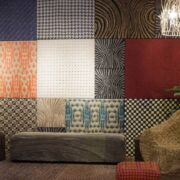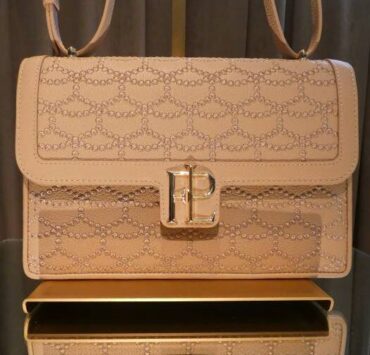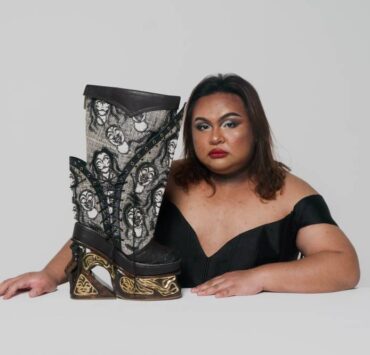How this Italian fashion CEO keeps his castle standing
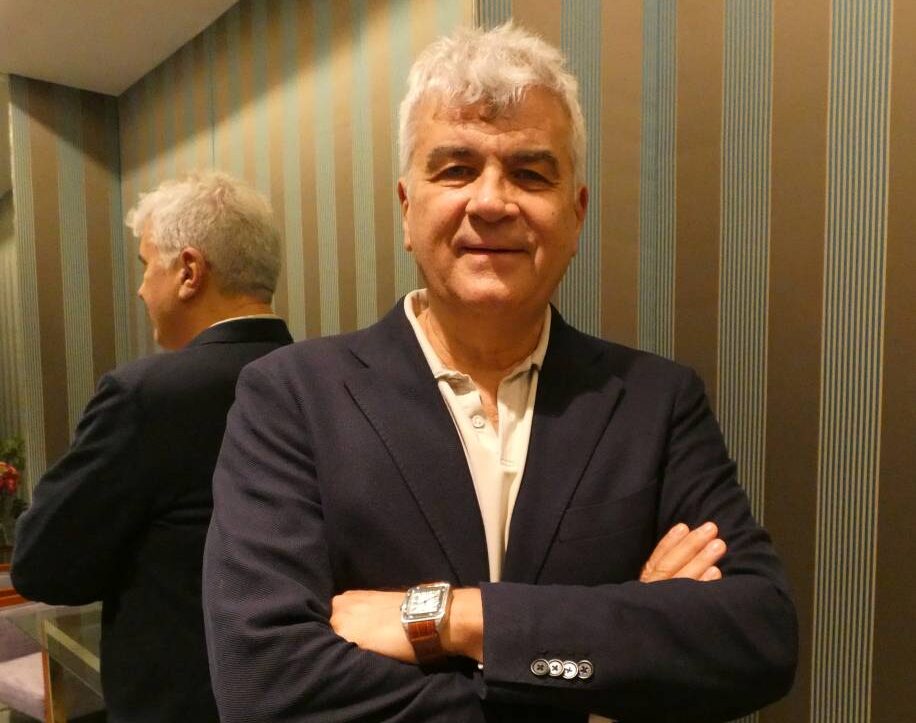
“Our home was an old castle from the 14th century,” Rodo CEO and owner Gianni Dori told Lifestyle during the recent launch of the Italian accessories brand’s pop-up at Rustan’s Makati.
His father and Rodo founder Romualdo Dori spent six years painstakingly renovating the place. And when an architect friend asked to see the restored Florence edifice, the younger Dori remembered him saying, “This house is going to last for another 300 years!”
The anecdote perfectly encapsulates some of the heritage brand’s core values, founded in quality, design, and distribution. “What I’m saying is that our brand builds things that have to go on,” he continued.
Compared to other prominent Italian fashion labels, Rodo isn’t exactly a household name. But the niche brand, as Dori called it, is in “every single top department store that you can think of around the world—Harrods, Selfridges, Rustan’s, Lane Crawford in Hong Kong, Takashimaya in Japan,” with VIPs and royals for clients.
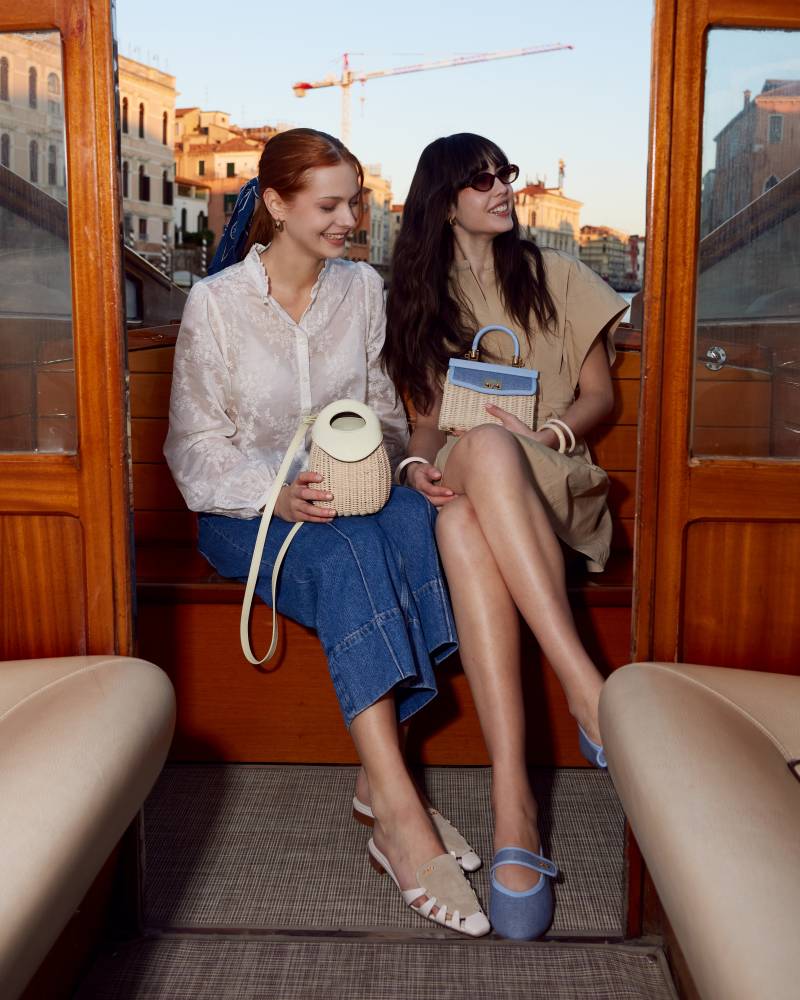
Customers do not buy Rodo for the name but for its quality, he said, adding that it’s something that ladies buy and then later on hand down to their daughters.
“Rodo has always been a top make for everything we have been producing—shoes, bags, accessories. We always produce them while maintaining a top-quality level because, for us, this is the key word for success.”
As testament to this success, Dori and his designer brother Maurizio were bestowed the Knighthood of the Order of Merit of the Italian Republic in 2023. The highest honor in Italy recognizes significant contributions in the fields of science, literature, the arts, economy, and public service.
Upon reaching its 70th anniversary next year, the family-owned luxury accessories brand will be awarded the “historical brand of national interest” recognition by Italy’s Ministry of Enterprises and Made in Italy.
”My father always told us, ‘If you work for quality and you still maintain a certain type of distribution, you have no problem,’” Dori reiterated.
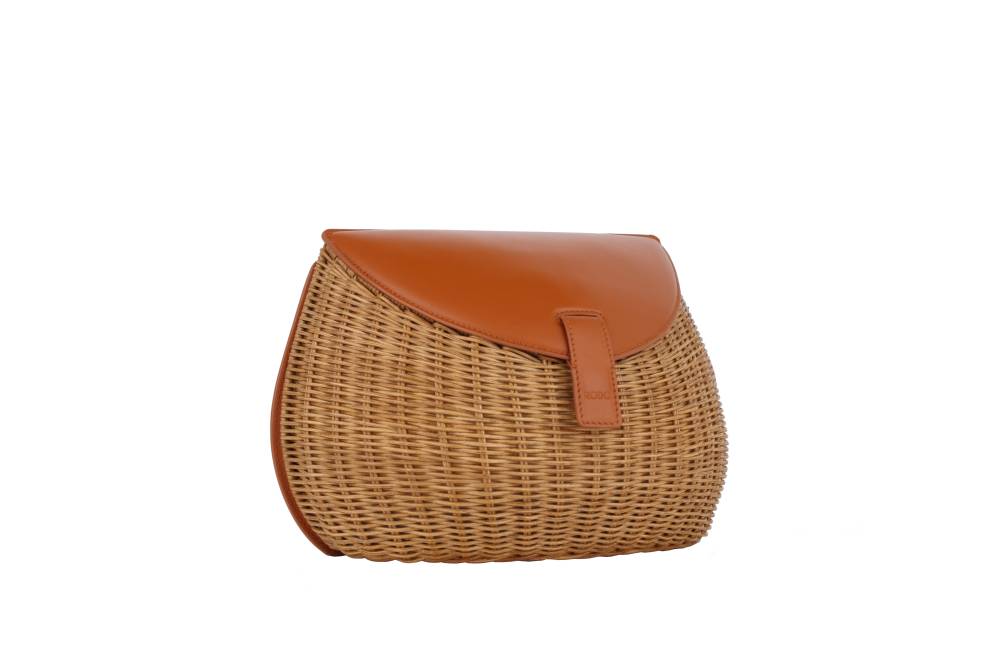
DNA
Through the decades, Rodo has maintained its identity, rooted in wicker weaving.
The SS25 collection playfully incorporates its signature material and technique into fresh designs.
“I believe that it is very, very important for any fashion house to maintain their DNA, because without this, you lose your identity,” he said. However, that doesn’t mean creating the same design over and over again.
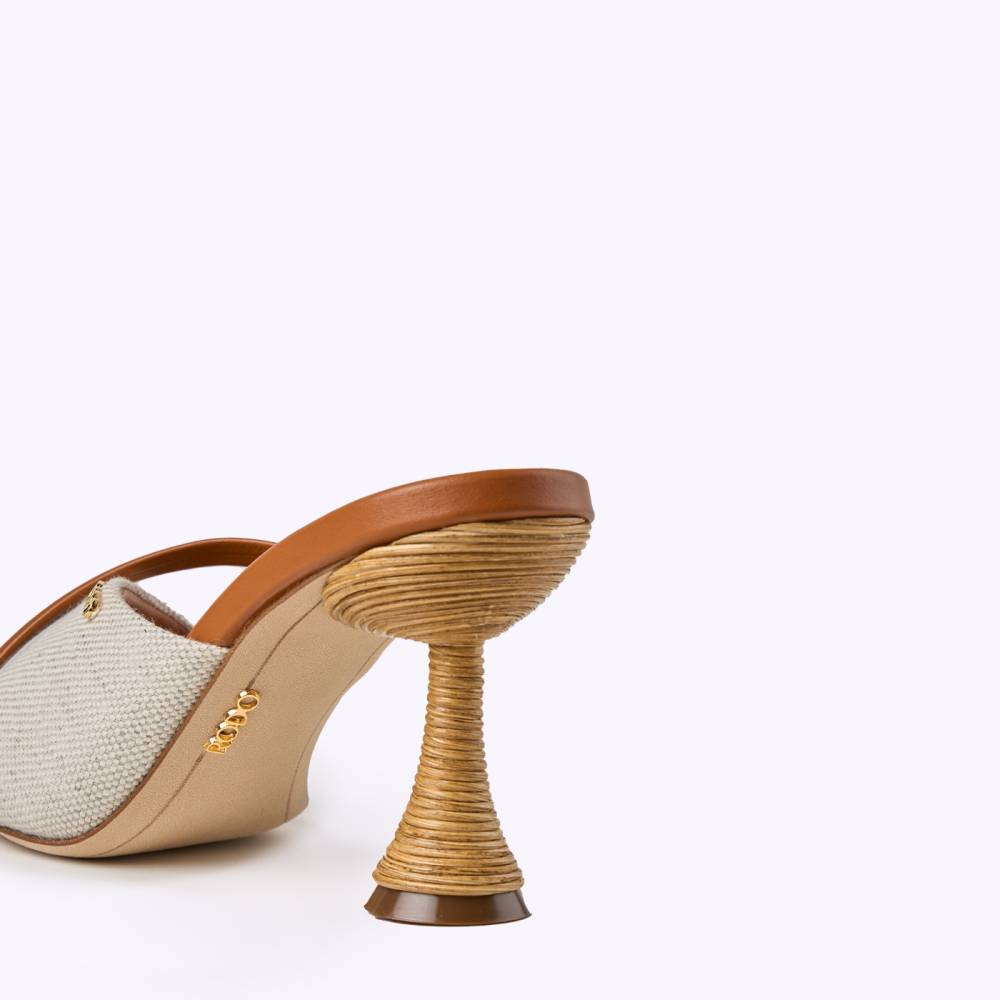
He pointed out how brands seem to just be copying one another of late, resulting in a repetition of designs, with some even attempting to copy Rodo’s techniques. “I can tell you 10 brands that are into weaving or wicker, trying to emulate what we have been doing for 70 years.”
Not that they have met much success in doing so. “Weaving is a very particular technique,” he continued, explaining the tedious process of smoothening out the surfaces or stitching the lining by hand.
Dori recalled 50 years back when Rodo had a factory in Polangui, Albay, in the 1980s. They were eventually forced out by rebels, but at the time, wicker weaving was huge, and he acknowledged the exquisite skills in the country.
These days, all their products are made in Italy. But while it’s no longer for manufacturing, Rodo has found its way back to the Philippines.
“I think the reason I wanted to be here again is because I believe that Filipino customers can really appreciate the workmanship and a certain kind of quality execution,” he said.
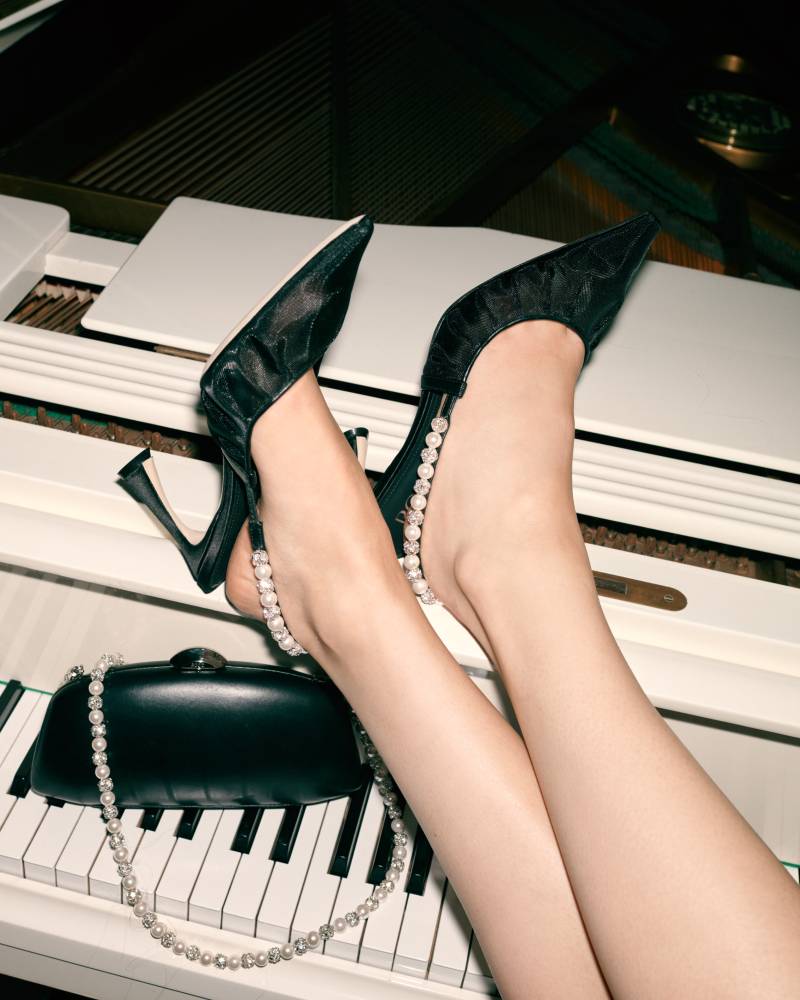
At Rustan’s, the Rodo name sits proudly and independently alongside other splashy labels that have long joined big fashion conglomerates. Maintaining its autonomy has, in fact, been Rodo’s greatest feat amid the culture of cannibalism among fashion brands, essentially whittling down the industry into what is practically a monopoly.
“I think that it’s very important to keep independence because not everybody can share the same values or the same way of, let’s say, doing a business,” said Dori.
When Lifestyle asked if Rodo has ever been subject to getting swallowed up by such fashion empires, Dori simply said, “Obviously. [But] we want to still maintain our small castle.”













